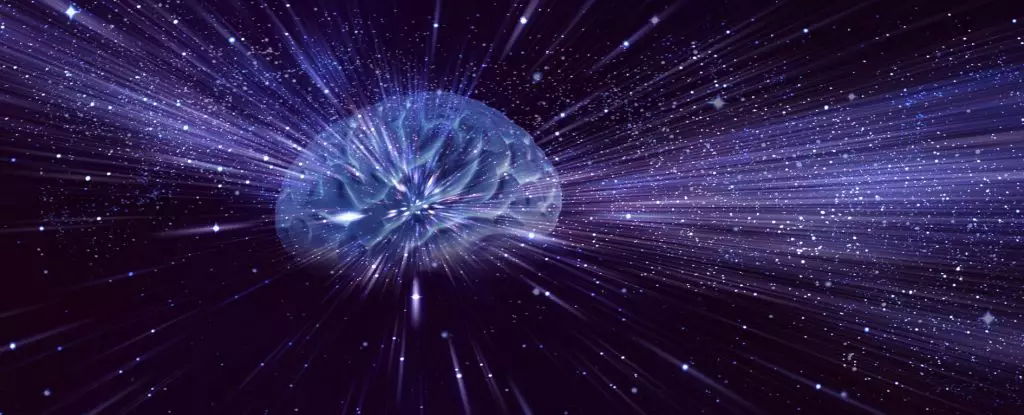The concept of studying human brain tissue beyond the confines of Earth is no longer confined to science fiction. In an extraordinary experiment conducted by researchers in 2019, tiny lab-grown human neural tissue blobs, or organoids, were sent to the International Space Station (ISS) to assess their viability in the unique microgravity environment. The results exceeded all expectations, revealing not just survival but notable advancements in maturation compared to their Earth-bound counterparts. This groundbreaking research opens new avenues for understanding neurodegenerative diseases and may redefine how we conduct brain research.
A team led by molecular biologist Davide Marotta from the International Space Station National Laboratory embarked on a quest to understand the effects of microgravity on human neurons. Using induced pluripotent stem cells derived from both healthy individuals and those suffering from neurodegenerative conditions like multiple sclerosis and Parkinson’s disease, researchers developed organoids resembling human brain tissue. These organoids were carefully prepared and split into two groups: one remained on Earth while the other took a four-week journey aboard the ISS.
The intention was to observe the organoids’ responses to the microgravity environment, fundamentally different from the conditions in standard laboratory settings. Upon their return to Earth, scientists closely analyzed both sets of organoids to ascertain how microgravity had influenced their development.
The results were astonishing. The organoids that had spent time in space not only survived but displayed accelerated maturation. Key markers in gene expression indicated that these cells were progressing into a more differentiated state, ready to perform specialized functions. Interestingly, the space-faring organoids exhibited a slower replication rate and a reduced number of genes linked with cellular stress when compared to their Earth-bound peers.
Such findings not only challenge our current understanding of cell biology but also point towards the possibility that microgravity may provide a more natural environment for such studies. With fewer variables affecting the cellular processes, the organoids could mimic the brain’s development and responses more closely than ever before.
The implications of this research extend far beyond mere curiosity. The knowledge acquired from these experiments could serve as a blueprint for investigating the underlying mechanisms of neurodegenerative diseases. With the prevalence of conditions like Alzheimer’s disease on the rise, the potential to study affected brain regions in conditions more representative of the human brain makes this an exciting frontier.
Jeanne Loring, a molecular biologist at the Scripps Research Institute, suggests that the survival and health of these organoids in space provides promising groundwork. The scientists aim to delve deeper into how the human brain reacts under various conditions that microgravity might simulate, potentially leading to insights that could inform drug development and therapeutic techniques.
With established success in this initial phase, researchers are now shifting their focus to specific brain areas most affected by Alzheimer’s disease. The nuanced understanding gained from observing neuron interactions and synaptic communications in microgravity could prove pivotal for future treatments and interventions. This research could ultimately help tailor disease management strategies for individuals affected by these conditions.
The potential of the ISS as a research laboratory for human anatomy and physiology highlights a rare convergence of neuroscience and space exploration. While the environment of microgravity was once seen as a niche area of interest, it is quickly gaining recognition as a valuable asset for a variety of scientific inquiries.
The exploration of human organoids in space marks a transformative era in neuroscience. By effectively leveraging the ISS’s unique environment, researchers are uncovering findings that challenge existing paradigms and set the stage for future innovations in understanding brain health and disease. With microgravity potentially serving as a more authentic reflection of our brain’s developmental environment, the prospects for advancing medical science have never been more promising. Scientists are poised to uncover truths about human neurology that could revolutionize approaches to treatment and rehabilitation for neurodegenerative diseases, providing hope for millions affected by these serious conditions.


Leave a Reply